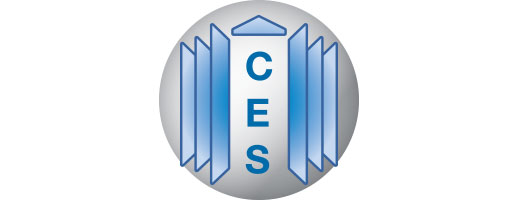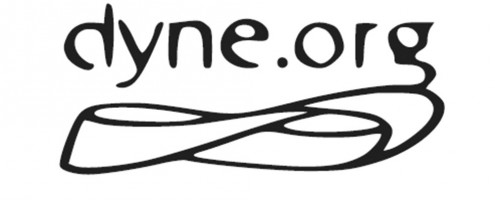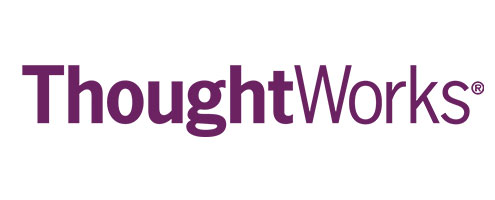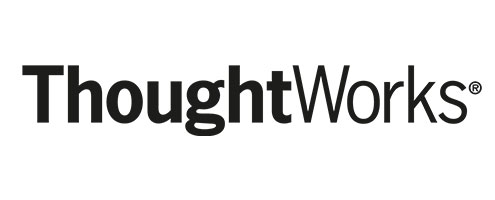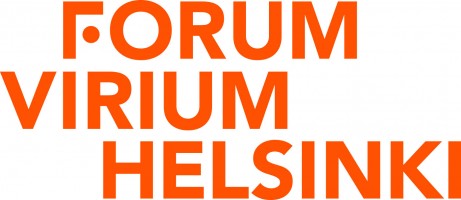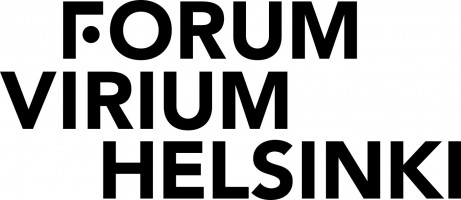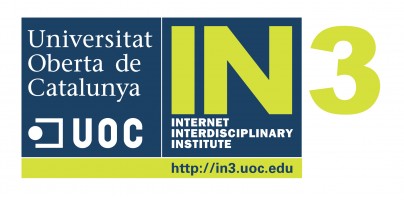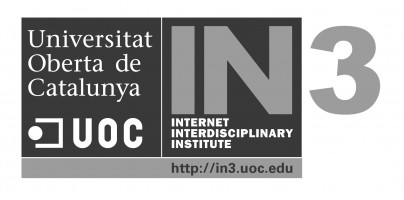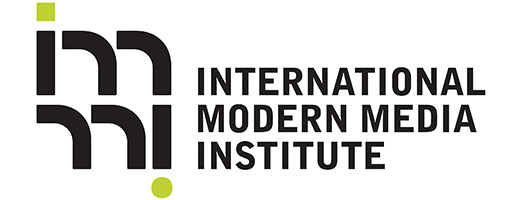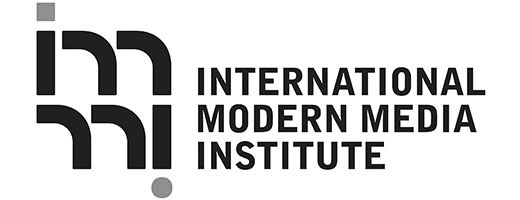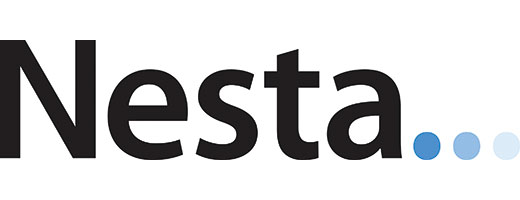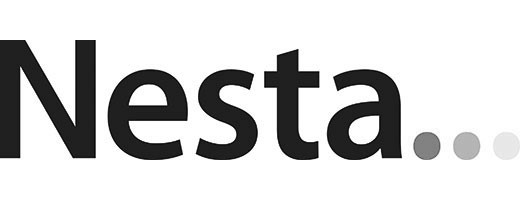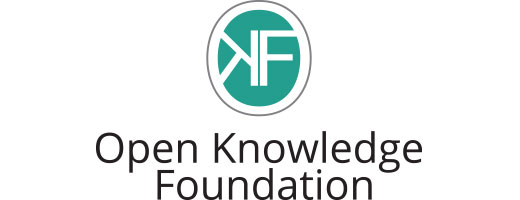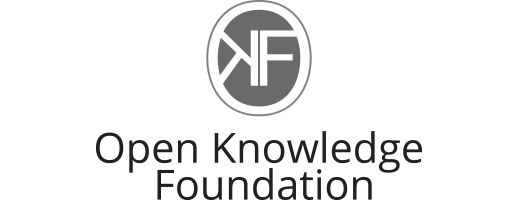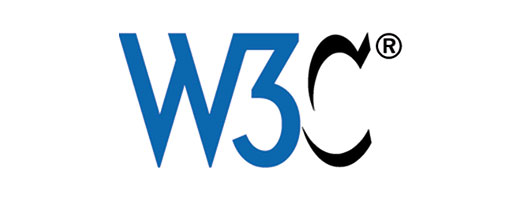“You’re the generation that will change this country’s state of affairs and will build a different kind of democracy,” Manuela Carmena, mayor of Madrid.
“Protesting is not enough, we must transform the power structures,” Wikileak’s founder Julian Assange.
Organised on the 23–28 of May in Madrid, the Democratic Cities – Commons technology and the right to a democratic city event joined together close to 500 participants to talk, workshop, discuss and debate about network democracy, new forms of citizen participation, digital tools for democratic participation, and urban commons. The inspiring week and its sessions attracted close to 500 participants. It was also the final event of the D-CENT project, showcasing our results, tools and research.
The Democratic Cities event marked the start of the Cities for Change Network and Democratic Commons Network (Red de Comunes Democráticos), aiming to make to make cities more democratic, by sharing organizational models, technologies, practices, legal material, narratives, and open resources that configure collaborative participation in democratic ways.
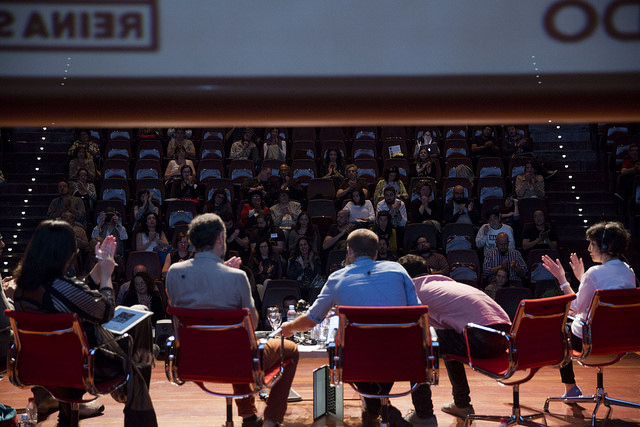
Photo: CC BY-SA 2.0 David Fernández
Networks, technologies and open, collaborative narrative
The intense week started with five-day Democracy Lab, collecting more than hundred people to share, survey, debate and suggest ideas as to where the world is heading regarding direct democracy, citizen participation, commons networks, and open source software.
As part of the lab, a two-day unconference Initiatives for open democracy and a decentralized Internet was hosted by D-CENT, Redecentralise.org, and Labodemo.net. It provided an open space for initiatives developing privacy-aware, open source, and distributed technologies to showcase their work, share demos, debate and plan future development. Running it in the format of “unconference” meant that the talks, sessions and presentations were selected and scheduled by attendees on the day. Through an Open Call, we looked for groups and individuals to contribute to the sessions. The call was a success: it produced 60 proposals from different disciplines. The chosen participants were introduced here.
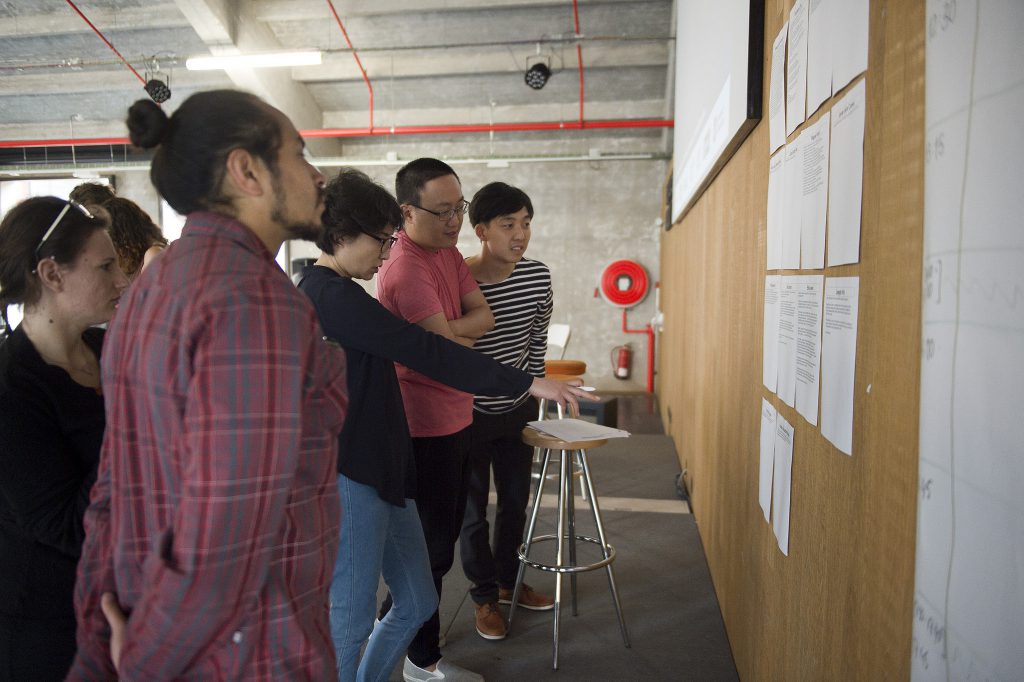
Photo: CC BY-SA 2.0 David Fernández
As the closing session of the lab, D-CENT session “Technologies and institutions for 21st century democracy” was held with eight international speakers addressing new and different ways of democracy-building around the world. D-CENT partners Thoughtworks, Dyne.org and Citizens Foundation introduced the D-CENT Toolbox, with tools like Your Priorities, Mooncake, Objective8, Stonecutter and Freecoin. D-CENT partners presented also in How to increase citizens participation: Lessons from Iceland and elsewhere (Gunnar Grímsson, Citizens Foundation), Data Journalism with Decide Madrid (Pablo Aragon, Eurecat) and Digital Democracy: D-CENT, citizen engagement and economic empowerment (Francesca Bria, Nesta; Irina Bolichevsky, W3C).

Photo: Álvaro Minguito CC BY SA 2.0
Event videos from streaming:
- Day 1: https://www.youtube.com/watch?v=2R6yxQD6GTs
- Day 2: https://www.youtube.com/watch?v=meE36QM2Tgk
- Day 3: https://www.youtube.com/watch?v=OoGog-9pmqA
- Day 4: https://www.youtube.com/watch?v=eu66X1R_trU
Blog articles about Democracy Lab:
- From the squares to decentralized politics
- Projects and tools that will open democracy
- Networks, technologies and open, collaborative narrative
From post-capitalism to collective intelligence
The Democratic Cities event culminated to the two-day International Conference, offering unique setting of interviews, conversations, panels, and debates with 35 speakers all around Europe. With keynotes like Manuela Carmena, Julian Assange, Paul Mason, and Raquel Rolnik, we explored the future of digital democracy.
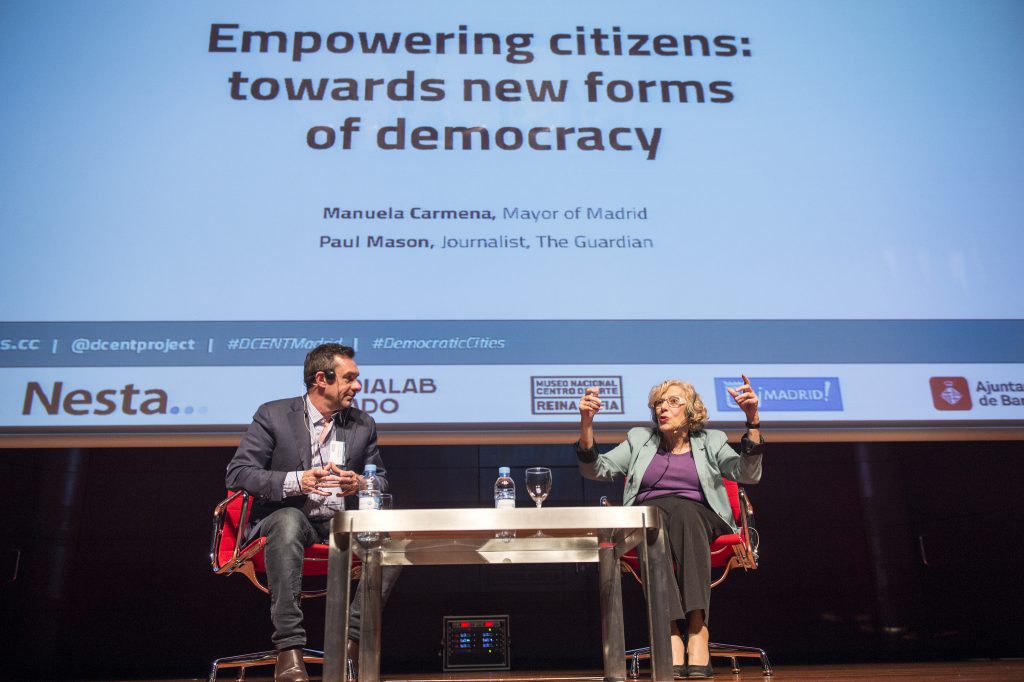
Photo: CC BY-SA 2.0 David Fernández
During her conversation with Paul Mason, journalist for The Guardian, Manuela Carmena reminded us that “power has always left viruses behind,” and warned –along with others– about whose hands technology is in. “We must be careful: we political administrators should be the ones determining technological needs, and not the other way around,” she concluded. Many eyes and ears listened carefully to this woman who is leading a whole new way of doing politics bottom-up. Her message to the young: “You’re the generation that will change this country’s state of affairs and will build a different kind of democracy.”
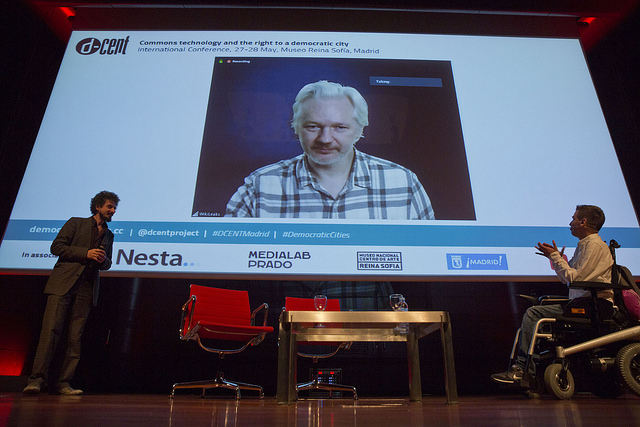
Photo: CC BY-SA 2.0 David Fernández
A few minutes later, from the Ecuadorian Embassy in London (where he remains confined), Julian Assange had a conversation via streaming with Pablo Soto, a Citizen Participation and Transparency councilor in Madrid. The Wikileak’s founder talked about the TTIP (concerning which Madrid has declared itself a free city), the civil upheavals in the Arab world, the 15-M and other global mobilizations, and the corruption cases uncovered by Wikileaks, laying greater stress on something that did not go unnoticed: “Protesting is not enough, we must break the power structures.” Soto recalled that Assange’s arrest was illegal and asked for his release: “Don’t give up, we look forward to seeing you back in Madrid!”
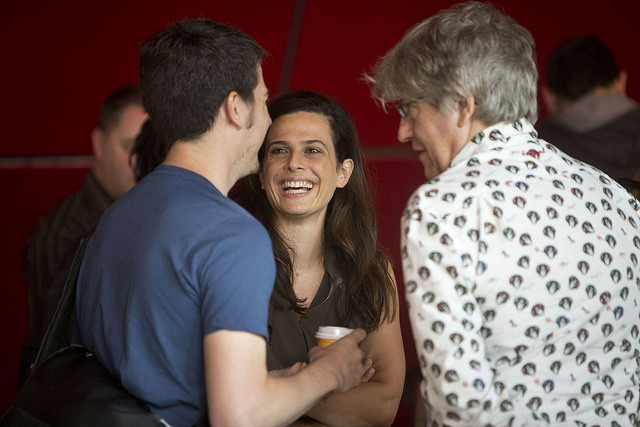
Photo: CC BY-SA 2.0 David Fernández
D-CENT partners spoke in several panels and sessions. Project co-ordinator Francesca Bria (Nesta) opened the conference with Setting the scene: Technologies of the Democratic City, chaired a session Post-capitalism, digital commons and democratic cities, and gave Closing remarks with Miguel Arana Catania. Jaromil Rojo (Dyne.org) gave introduction to the discussion between Pablo Soto and Julian Assange on the 27 May. Marco Sachy (Dyne.org) spoke in a session titled Global hacktivism for democracy, Joonas Pekkanen (City of Helsinki / Forum Virium Helsinki) spoke in a session titled Building a network of Cities of Change: the new democratic institutionality and the constituent power of the commons.
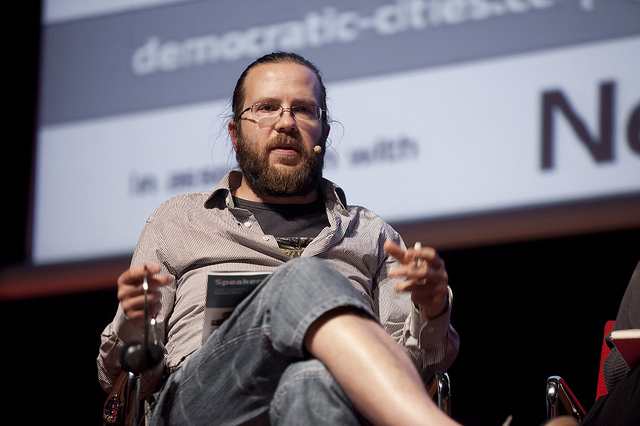
Photo: CC BY-SA 2.0 David Fernández
And as a surprise, Birgitta Jónsdóttir (International Modern Media Institute/President of the Pirate Parliamentary Group in Iceland) appeared via video conference as part of the Closing remarks on the 28th of May. “Hello Madrid. It’s up to us to fix things, if we want to be the Robin Hoods of power, the architects of change, in this time of transition. This is our chance to shape the world. We are the future,” was her greetings to the full house in Madrid.

Photo: David Fernández CC BY SA 2.0
Blog articles about the International Conference:
Event video from streaming:
- Clip 1: http://livestream.com/museo-reina-sofia/events/5457128/videos/124236457
- Clip 2: http://livestream.com/museo-reina-sofia/events/5457128/videos/124257750
- Clip 3: http://livestream.com/museo-reina-sofia/events/5457128/videos/124354009
- Clip 4: http://livestream.com/museo-reina-sofia/events/5457128/videos/124368423
The Democratic Cities event was organised by D-CENT, Nesta, Medialab-Prado, Museum Reina Sofia, City of Madrid, City of Barcelona, and supported by Labodemo, redecentralize.org.
Photos: CC BY-SA 2.0 David Fernández and Elvira Megías, source Medialab Prado Fickr
Photo gallery: https://www.flickr.com/photos/medialab-prado/with/27211525492


